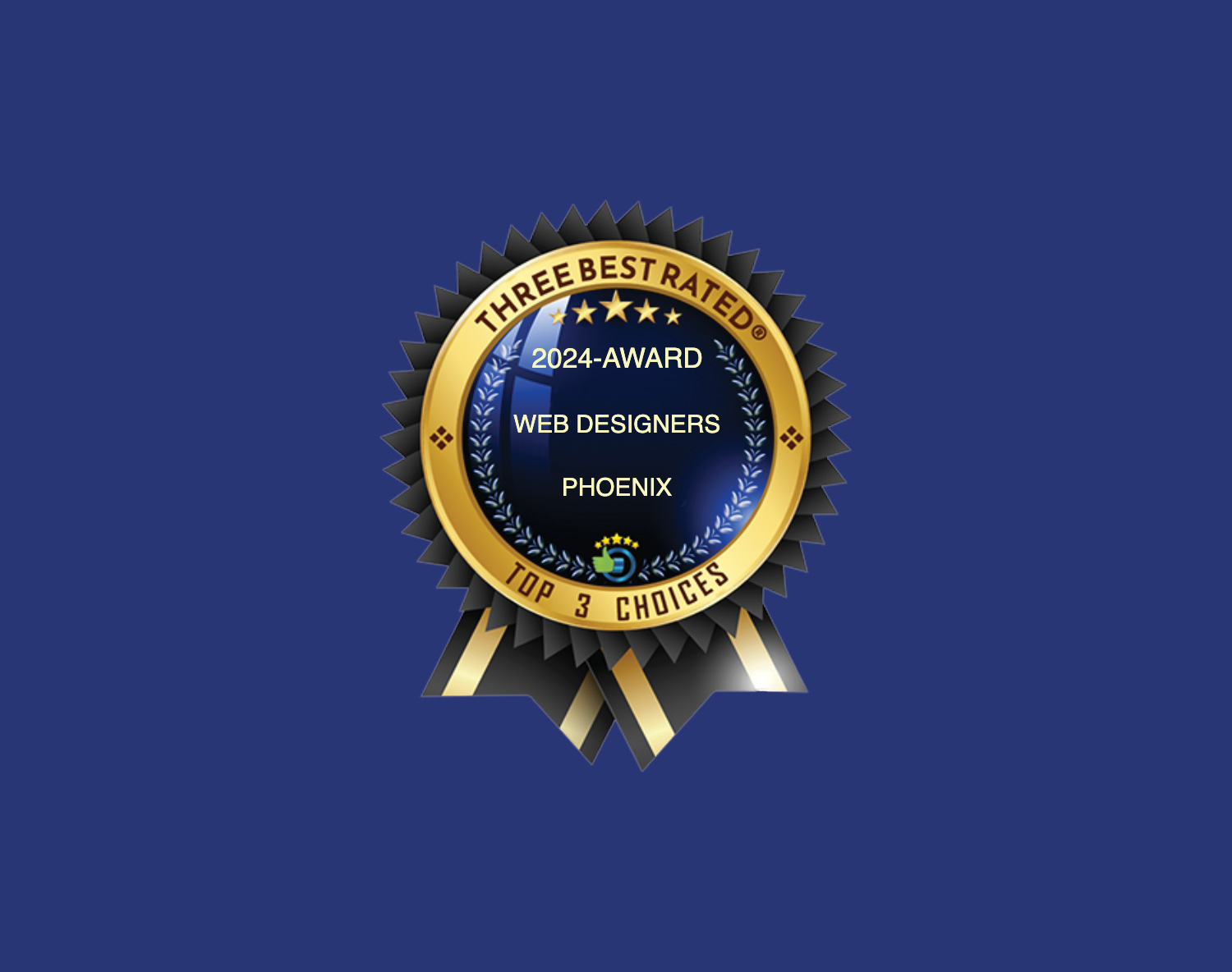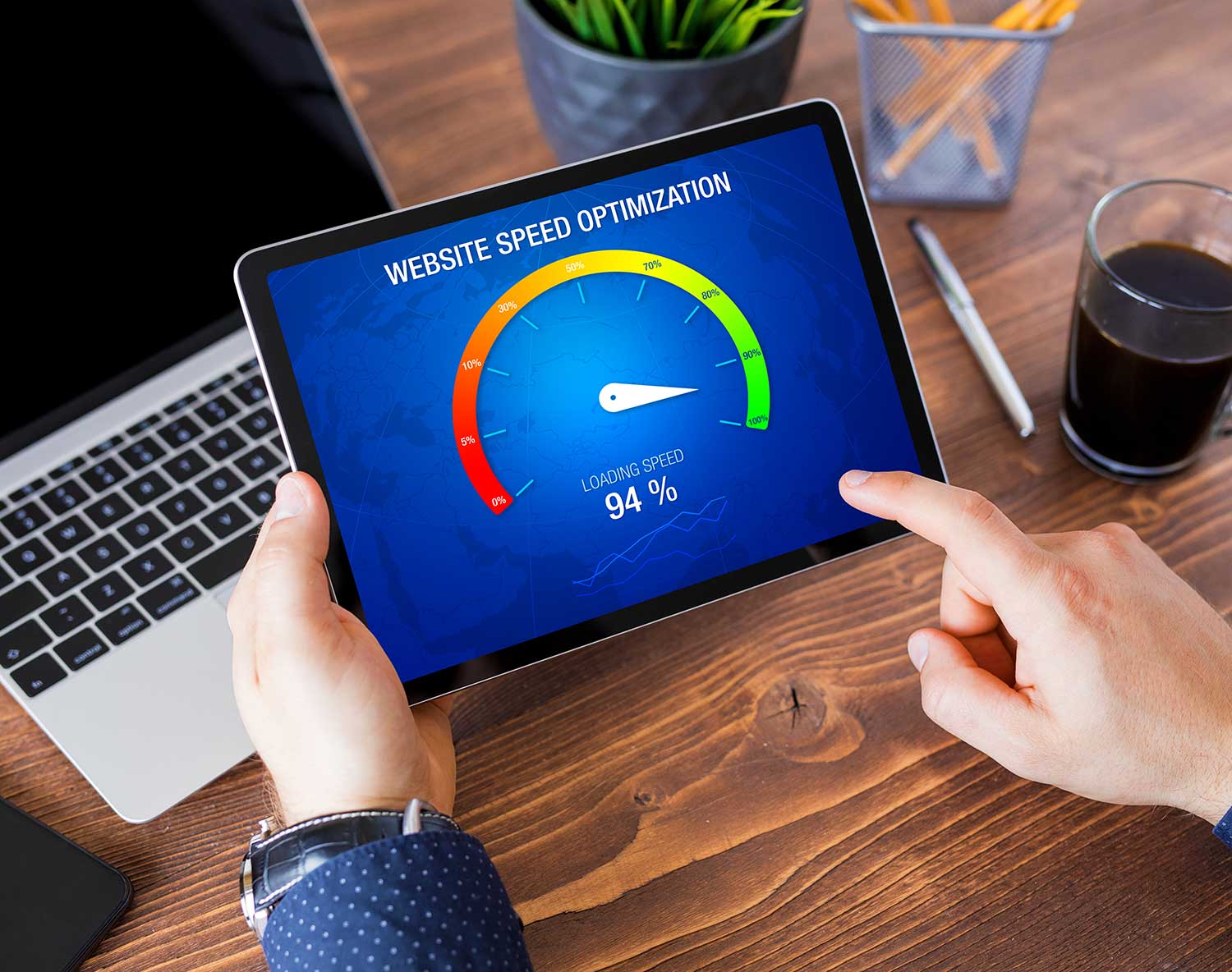When many clients come to us, most use the incorrect terminology. And that’s okay! We don’t expect you to know the difference between a website or landing page. Furthermore, in this digital age, the terms are thrown around so casually that it’s hard for all but actual marketing experts and web designers to even keep track. So that’s why we’re here to enlighten you.
What is a website?

For every website, the home page is the page that someone sees first when they type in your domain name link (i.e. http://yourdomain.com). Typically, the home page gives a brief overview of the things that can be found in your site. So there could be a showcase of some of your featured portfolio items, the latest three blog posts, and even a small blurb about the site or company itself.
Even more common is that the home page has a section dedicated to each of the main areas of the site. Usually, each of these sections are accompanied by links to “Read More”. And that’s because usual home pages are just introductions to the rest of the site. Each individual page of the website has more information. Maybe this is the company’s history. Maybe it’s a services or pricing page that details the types of things the company offers. The main purpose of the entire website is to describe and explain your organization or business, or give users access to a service. Every business should have one.
What is a landing page?

A landing page is a single page designed to describe an offer or service. This could be an e-book, free trial or anything else your heart desires. But the purpose of the landing page is to encourage people to claim this offer or service. The “spotlight” effect of a landing page focuses on conversion to drive sales and/or capture leads.
Though this landing page is connected to your website and may even have part of the same link (i.e. http://yourdomain.com/landing-page), it is not your entire site. It doesn’t even cover a fraction of what the rest of your site contains. And it doesn’t achieve the same results.
When to use a website
You have lots of information:
A typical website should be used if your site is trying to tell your story. With pages such as About, Mission, Contact, Locations, Services, etc? All of that information is helpful and useful to prospective clients and visitors. Your website will allow you to organize this information in a way that makes sense without cramming all of it onto a singular page.
You need to explain your services or products:
The purpose of a website isn’t to sell. It’s to inform. So it’s best to keep your website informational and organized. You’ll want to tell your prospective customers about the services you offer and your company’s background. This gives your customer a feeling of confidence that you know what you’re doing. And it also allows your customers to view things in more detail than a landing page would offer. And if you’re offering more than one service or feature, you need more pages dedicated to doing this.
You want to improve your SEO:
Having a blog on your website improves your SEO by a lot. The same goes with other internal pages. The more content you have, the higher search engines rank you. But if you overwhelm a visitor with too much text on one page, they’ll leave! So what do you do? Make more pages! This allows you to break down your content in a concise and organized manner without overwhelming a site visitor.
When to use a landing page
You’re looking into PPC advertising:
Google judges pay-per-click (PPC) ads’ quality partly by their relevance to the linked page, and a specific landing page built around the ad will be more relevant than a general Products or Services page. That means that your landing page will appear higher in search engines and give a customer exactly what they’re looking for.
Lead Magnets:
You want to build a subscriber base. Or maybe you want to gate your content through a contact form? Landing pages are a great way to do this without disrupting the flow of your website. They give clients just a taste of what you’re offering but force them to contact you or give you their e-mails first. And in the land of marketing, an e-mail address is a valuable lead.
Testing:
It’s no surprise that some words and images appeal to one group of people while pushing away another audience. And that’s where landing pages come in handy. Since they’re relatively quick to setup, you can have multiple landing pages for the same product or offer and test to see which lands you more leads or sales. Some people test two or three landing pages. Others test even 50 or 60!
Summary
So the question we often get asked is: Should I use a website or landing page? And our answer? Both! They both serve different purposes: to inform and to sell. But the most effective marketing strategies involve the use of both an entire website and a landing page (or two). In this age of digital marketing, you don’t want to fall behind on your competitors.




